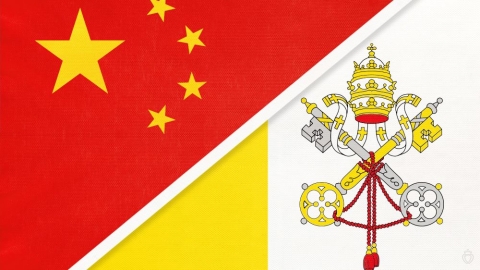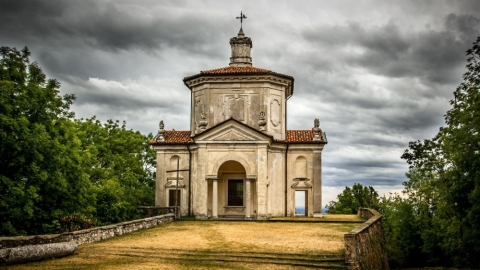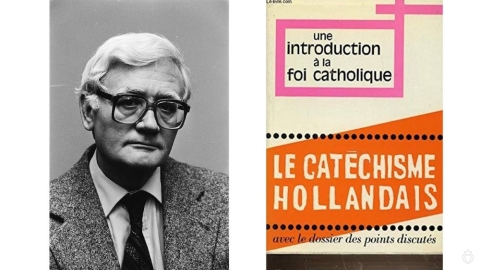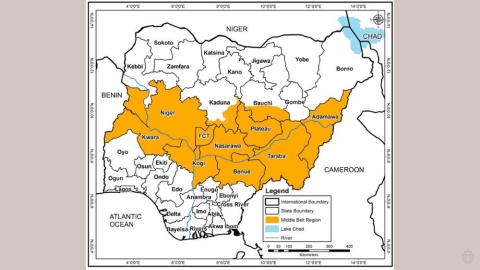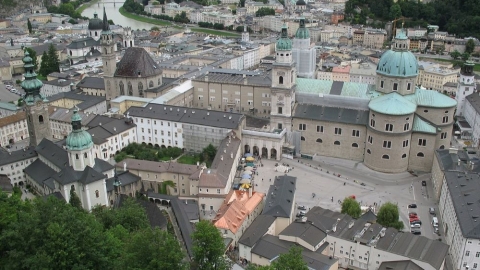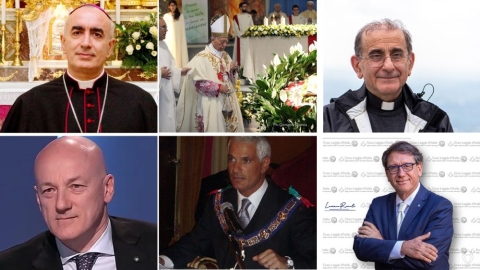The End of the Schism in China or a Surrender?
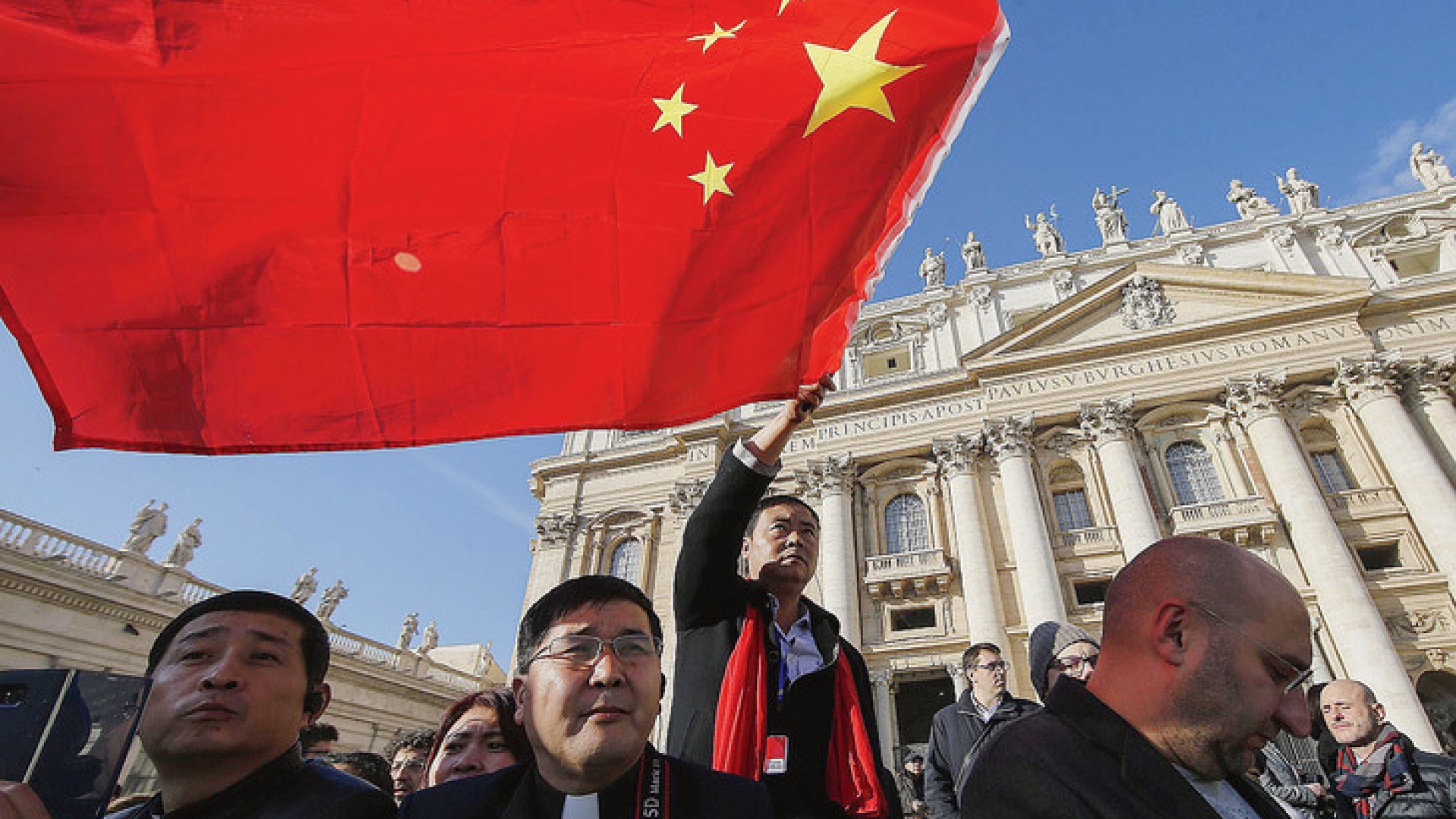
On September 22, 2018, a modus vivendi was elaborated by the Holy See and the People’s Republic of China concerning the nomination of bishops, in order to put an end to nearly seventy years of schism.
“The goal of the agreement is not political but pastoral, allowing the faithful to have bishops who are in communion with Rome but at the same time recognized by Chinese authorities," explained the director of the Holy See Press Office, Greg Burke, on September 22.
The Holy See Secretary of State, Cardinal Pietro Parolin, insisted upon the importance of an agreement he calls historic: “For the first time in decades, all the bishops in China are in communion with the bishop of Rome.”
Several questions remain unanswered, however, particularly the “sinicization” of religions that the totalitarian Communist Xi Jinping administration is ultimately working towards.
The term “sinicization” can cover many different realities, and many of the Catholics of the underground Church that remained faithful to Rome despite all opposition fear that this temporary agreement will end with the Party putting a stranglehold on the Church that will be emptied of her spiritual content and transformed into a vague association.
The most noteworthy criticism has come from Cardinal Joseph Zen: the eighty-six-year-old prelate was once bishop of Hong Kong. He retired nearly10 years ago. Cardinal Zen has made a name for himself in the media with his opposition on principle to any agreement between the Church and the Communist regime. On September 22, he denounced an agreement that he believes is “a masterpiece of creativity in saying nothing in many words”, especially because everything in it is secret. Here is how he summed up Pope Francis’ message to the Chinese faithful: they just have to obey their government that can now claim “the Vatican agrees with us”!
The Chinese prelate insisted: the agreement is “an incredible betrayal and an unconditional surrender. They're giving the flock into the mouths of the wolves.”
Pope Francis responded to Cardinal Zen’s criticism three days later, on September 25, on his flight back from his Apostolic Journey to the Baltic countries. The Cardinal Secretary of State, he explained, “studied all the documents, down to the last comma”, which for the Holy Father, is proof that it is “very safe”. In any case, “it is the pope who will nominate [the bishops in China]. It will be me, that is clear!” insisted Francis.
While it is still too early for a final judgment, it is never too early to pray that the Chinese Catholics may one day freely practice their religion without vexations and persecutions from the ever-present Communist Party.
Sources: Vatican News / La Croix / Asia News / FSSPX.News – 10/2/2018
